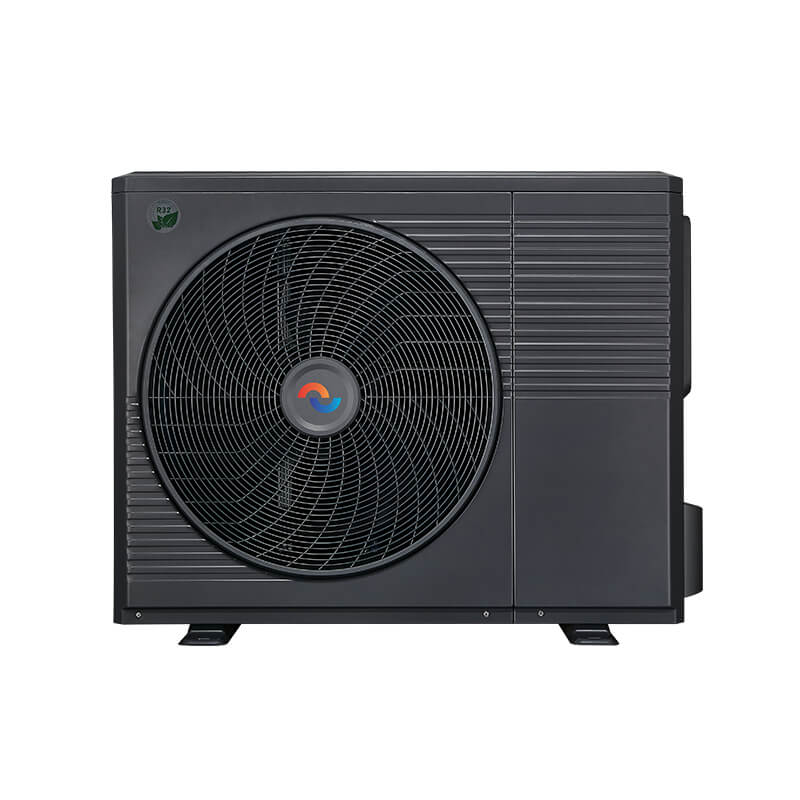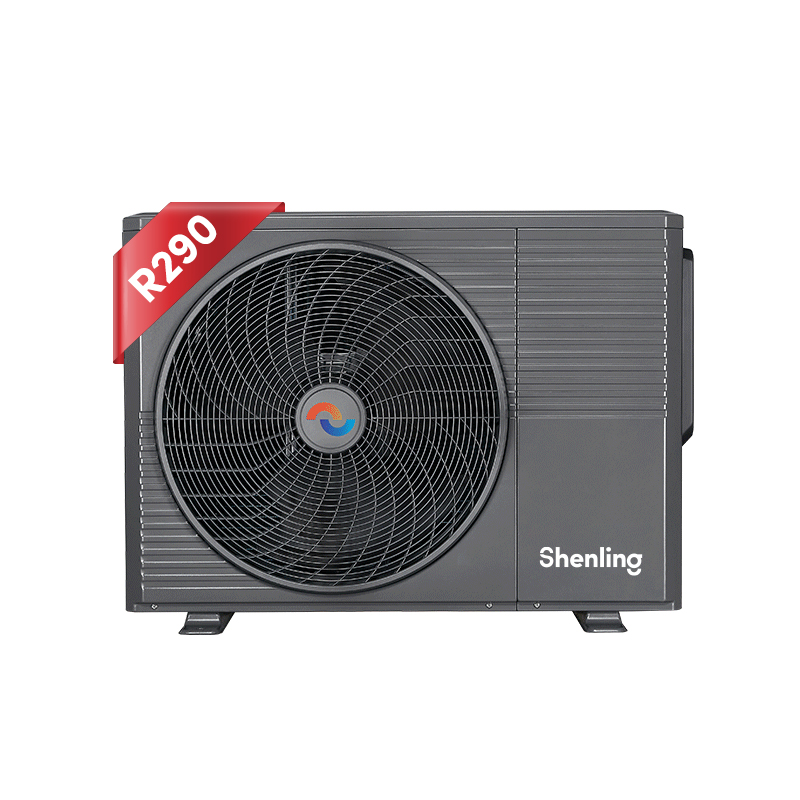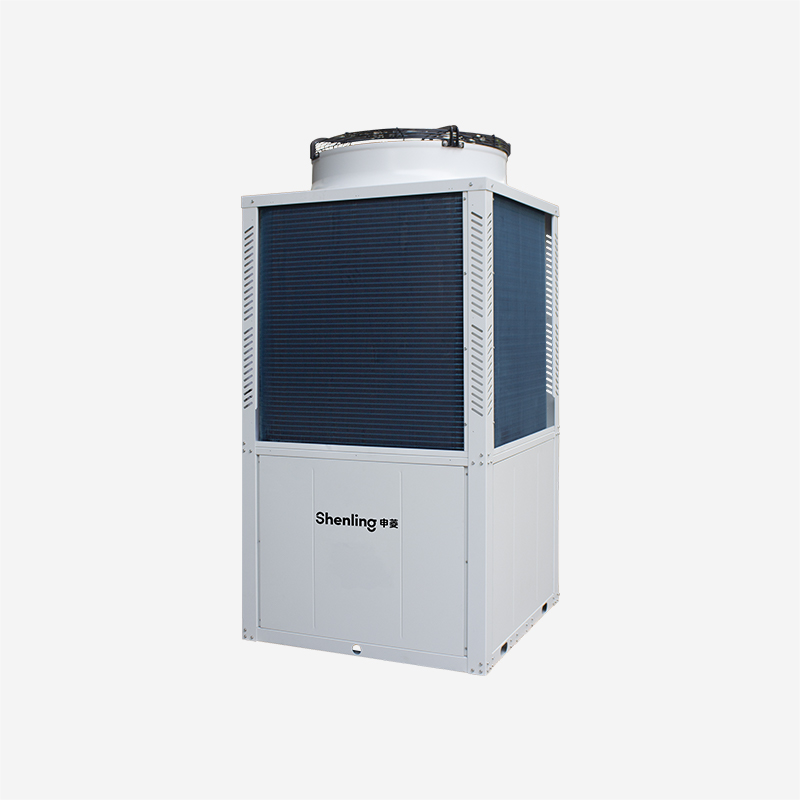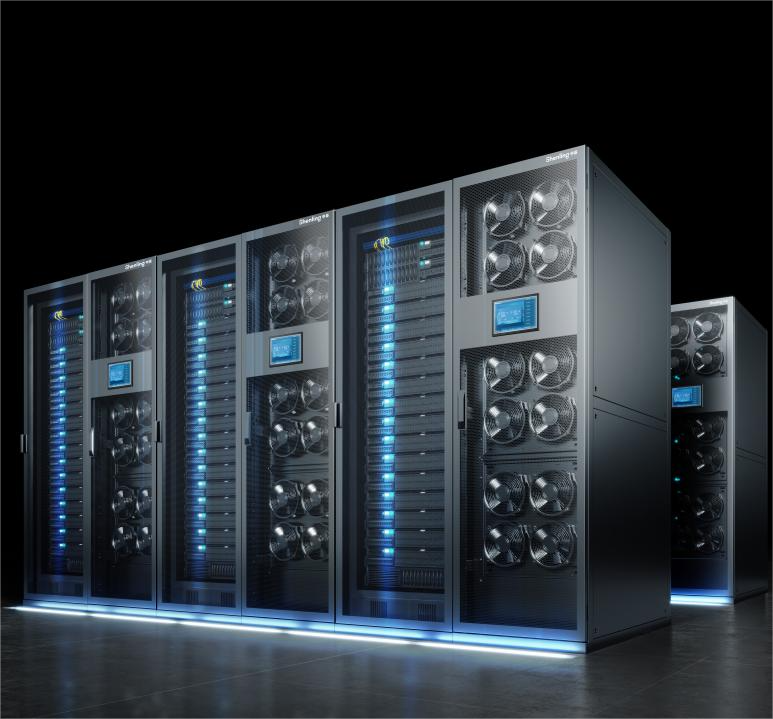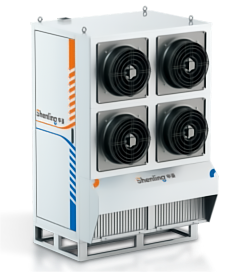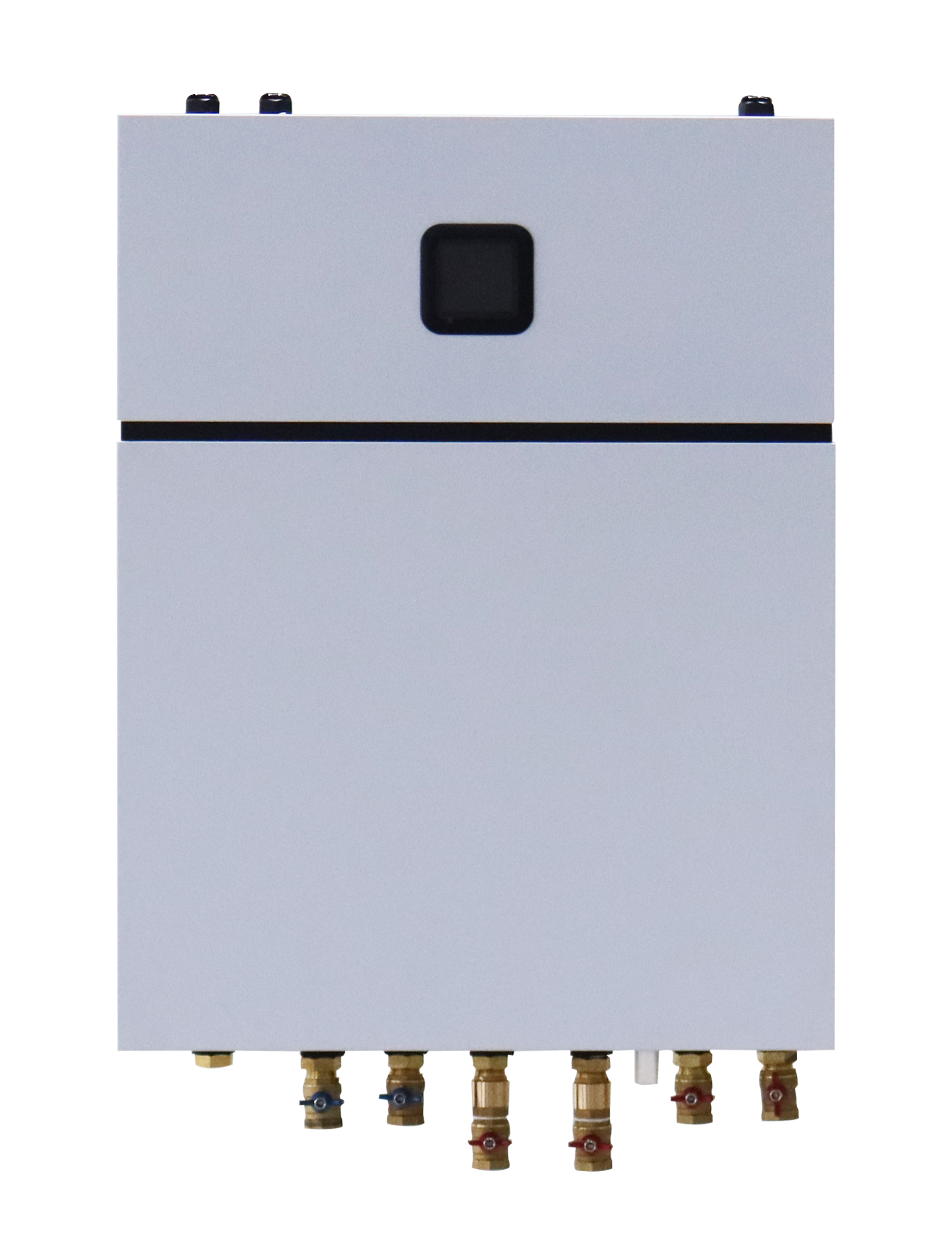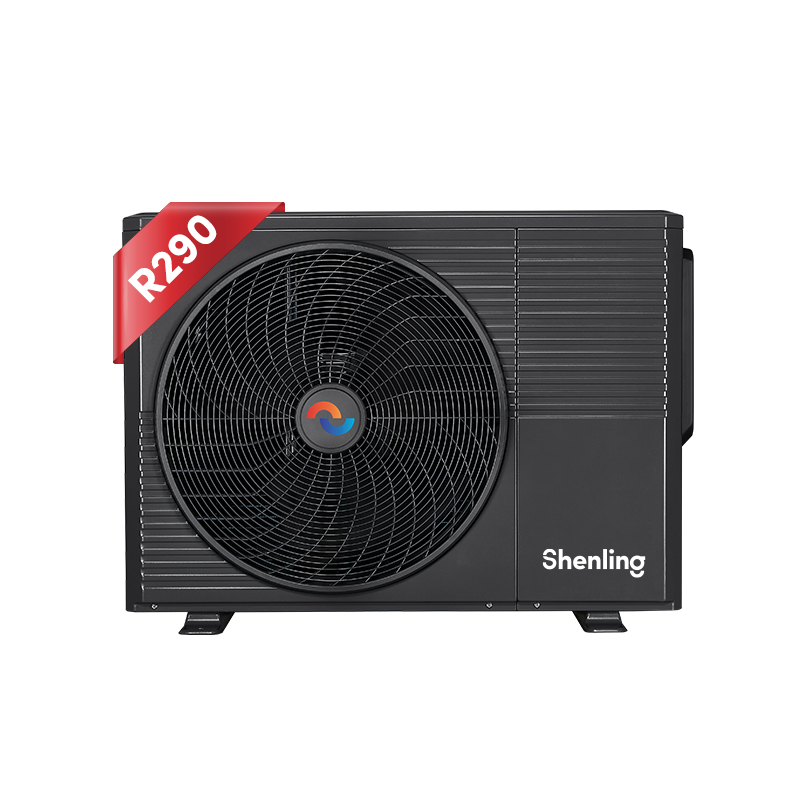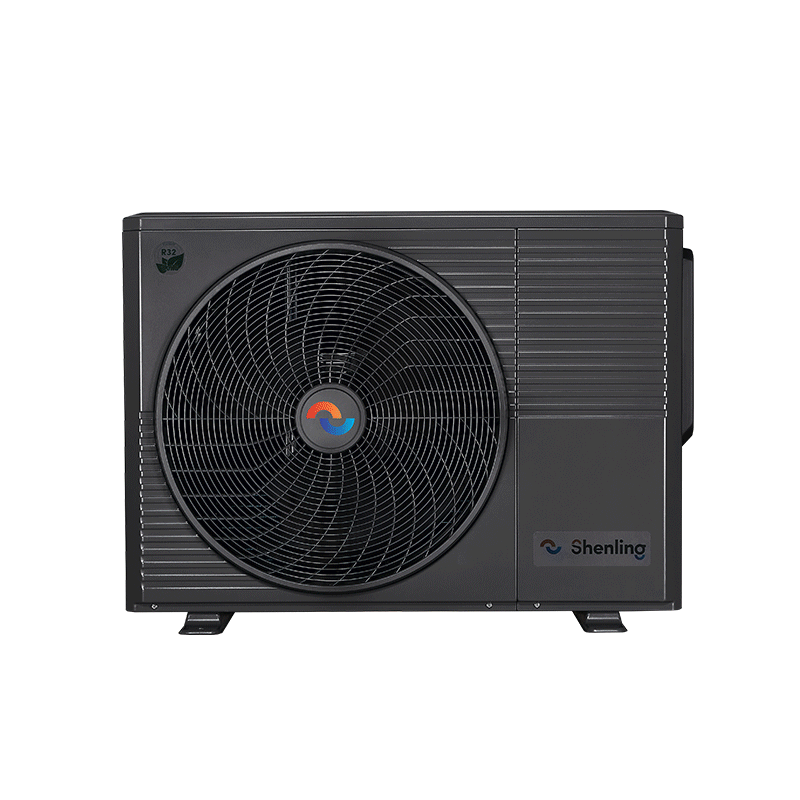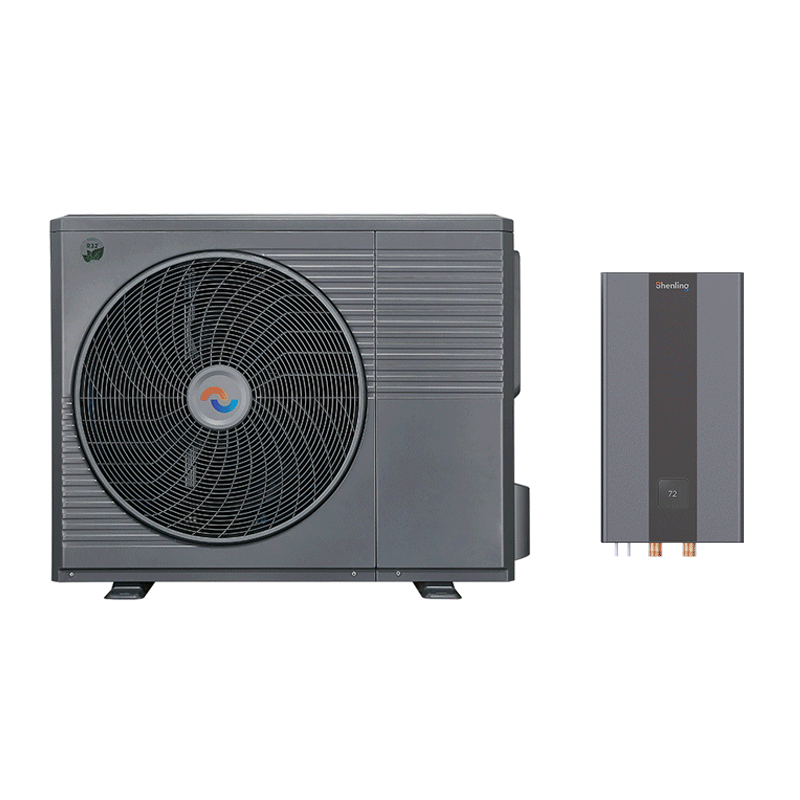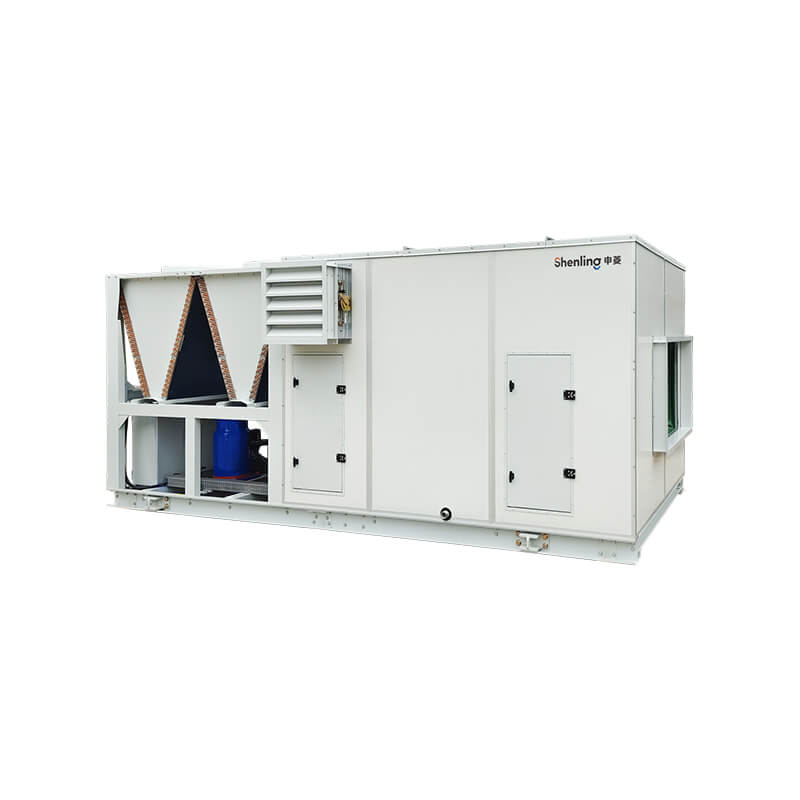Heat Pump Hot Water System
Go Green with the Best Heat Pump System: Your Sustainable Solution for Hot Water, Heating, and Cooling
Air to water heat pump system, which are situated outside of residential properties, function as both heating and cooling systems. Unlike air conditioners, they possess superior capabilities as they can effectively warm or cool your house.
During colder periods, Shenling heat pump systems extract heat from the outdoor air and transfer it indoors. Conversely, in warmer months, they reverse the process. Heat pumps operate on electricity and utilize a refrigerant to distribute heat.
-
Multi-function R290 A+++ Heat Pump
-
R32 Domestic Air Source Heat Pump Water Heater
-
R32 Dual Zone Mini Split Heat Pump
-
Air Source Heat Pumps for Commercial Buildings
-
Commercial air to water hot water heater heat pump
-
Commercial portable and quiet heat pump heater
-
Commercial cold climate heat pump system
-
Commercial Air Handler Unit (AHU)
-
Best Commercial Rooftop HVAC Units for Heating and Cooling
-
Pre Conditioned Air Units for Airports (PCA)
Why Choose Shenling?
Customize Whole House Heat Pump System
Shenling can customize the whole house heat pump system according to the different needs of clients to better satisfy their personal needs.
Heat Pump System Warranty Service
Shenling provides warranty services to cold climate heat pump systems, including maintenance, repairs, and replacements of warranted products.
Rich Experienced Heat Pump System Provider
With over 20 years of experience, Shenling guarantees that our clients consistently receive the solutions for their best heat pump systems.
Your reliable heat pump supplier in China
If you’re in search of a reliable heat pump system for your home, Shenling is undoubtedly one of the most reliable companies in China.
Whether you’re looking to upgrade your HVAC system with new air source heat pumps, searching for a trustworthy heat pump supplier, or seeking to customize your heating system, Shenling can always deliver the most suitable solution for your needs.
The Comprehensive Guide of Best Air Source Heat Pump System
Air source heat pump (ASHP) systems are extremely efficient heating and cooling systems that utilize outside air as a heat source in the winter and as a radiator in the summer. The three heat pump system components include an outdoor unit, an indoor unit, and a refrigerant. Benefits of heat pump systems include energy efficiency, environmental friendliness, and adaptability.
One of the primary benefits of the best heat pump water heater is its energy efficiency. By transferring heat rather than creating it, ASHPs can produce more energy than they require. When compared to typical heating and cooling systems, this results in significant energy savings and lower utility bills. Furthermore, by utilizing renewable energy from the air and lowering reliance on fossil fuels, Using heat pump systems for homes can contribute to environmental sustainability. They emit fewer greenhouse emissions and, as a result, encourage more environmentally responsible building practices.
Because they can supply heating, cooling, and hot water all in one system, air to water heat pump systems are extremely adaptable. Separate systems are no longer necessary, which lowers equipment costs and simplifies installation. Air to water heating system can also be utilized for home hot water generation by incorporating heat exchangers or separate hot water tanks. However, the climate adaptability of installing heat pump system must be taken into account. They work well in mild to warm regions, while extreme temperatures can degrade their performance. In colder places, supplemental heating systems may be required in exceptionally cold conditions. Regular maintenance, including filter cleaning and professional inspection, is required to preserve the optimal performance and average life of the heat pump system.
Heat Pump System FAQs
The Best Heat pumps systems are versatile HVAC devices that combine heating, ventilation, and air conditioning functionalities. They effectively transfer heat energy extracted from the air, ground, or water sources to warmer areas during colder periods, and vice versa when temperatures rise.
Operating contrary to thermodynamic laws, air to water heat pump systems extract heat from colder regions and release it into warmer spaces. Primarily, their purpose is to provide heat for radiators, underfloor heating systems, and heat convectors. However, they also prove useful for heating water in pools or tanks. Most heat pumps include climate control features and can seamlessly switch between cooling and heating modes based on temperature fluctuations, functioning similarly to traditional air conditioners but with the added ability to operate in reverse mode.
Cold climate heat pump systems can be installed outdoors on the exterior walls of buildings or in locations like attics or basements. You may have noticed box-like equipment positioned outside various structures. As heat pumps draw heat from their surroundings, they consume less electricity compared to alternative heating system methods. Additionally, they eliminate the need for fossil fuels, thereby minimizing their environmental carbon footprint. The installation of a heat pump system in cold weather is typically determined by the size of the property, with smaller heat pumps suitable for smaller properties proving equally effective.
A heat pump system functions similarly to an air conditioner by circulating and conditioning the air within your home. The process begins with warm air flowing through the components of the conditioning system. The cooling coil contains a refrigerant that extracts heat from the air. This refrigerant, carrying the heat, undergoes compression to increase its pressure. It then moves into the condenser coil, where it releases the heat into the outdoor air.
While this describes the operation of an air conditioner, a heat pump system can also function in the same way when in cooling mode. However, what sets it apart is its ability to operate in reverse, providing heating internally. In this mode, the process is inverted, allowing the dual system heat pump to extract heat from the outdoor air, water, or even the ground in the case of a geothermal heat pump installation. The refrigerant absorbs the heat, and through compression, its intensity increases. The heat is then pumped into colder spaces, providing warmth. This means that regardless of the weather conditions, a high-quality heat pump system in cold weather can operate efficiently, even in temperatures below zero.
Geothermal heat pump systems utilize the constant temperatures of the ground to absorb heat, using the ground as a source, as well as a sink for heat exchange. This ensures consistent performance and efficiency.
Shenling is a professional heat pump system provider since 2000, we manufacture air to water heat pump systems, air source heat pump systems, dual temperature heat pump systems, commercial heat pump systems, and swimming pool heat pump systems. We provide comprehensive customization services for heating systems to all clients.
You can learn more about Shenling from the about us page, or send an email to us.
There are a lot of benefits of a heat pump system in the cold weather. It is important that consumers understand that an air source heat pump system differs to a traditional central heating system, such as a gas or oil boiler. They use electricity to power them, they are a low temperature heating system and the system design is different to that of a traditional heating system.
If your home is currently heated by a fossil fuel, such as gas, oil or LPG, by swapping to a cold climate heat pump system, you will no longer need to order these fuels. You can therefore enjoy not having these fuel costs to pay each month as your gas bills will be no more.
When an air source heat pump system is installed and set up correctly, they are very efficient units, maximising output for the energy consumed. In summary, what this means is that for every kilowatt of energy used to run the heat pump system, over 4kW of energy is being given to the heating system in return. Plus whole house heat pump systems are user-friendly being both straightforward to control and simple to maintain. When an installer sets up and commissions a heat pump system, they will set the core parameters of the system so that the end-user has minimal interaction with the controls. Thereafter, the homeowner can adjust their desired room temperatures via third-party controls, which may be app enabled, and they can sit back and enjoy their renewable system. The only thing to remember is to arrange the annual servicing of the heat pump system.
When choosing a cold climate heat pump system, a number of factors ranging from the local climate and the size of your house to the insulation level should be taken into consideration. Shenling offers a range of air-source heat pumps, also known as air-to-water heat pump systems (AWHP), in its monobloc heat pump systems, and split heat pump systems. Initially, you should make sure to get a heat pump system that can meet the heating needs of your existing underfloor heating, radiator, or FCU system. If you don’t have space inside your home for an indoor unit, a monobloc heat pump system will be more suitable because the heat pump system components are all contained in the outdoor unit. If outdoor space is limited, a split heat pump system may be better as the outdoor unit is smaller than a monobloc heat pump system. If you have concerns about leaking refrigerant, hydro split heat pump systems and monobloc heat pump systems transfer only water into the house and eliminate risks caused by the refrigerant.
First things first. Where should you install your heat pump system? Ideally, a dual temperature heat pump system outdoor unit should be installed in an open space where it has access to plenty of air with no foliage nearby. Not only will installing a cold climate heat pump system in an open space allow for ample air intake, but it will also make it more accessible for service, maintenance, and cleaning. Also, because heat pump systems emit a certain amount of noise, make sure to leave at least 1 meter between the heat pump system and property lines to avoid disturbing your neighbors.
The cost of heat pump installation will be between $2000 and $10000, with average homeowner spending of $5500. However, in cases where a home lacks existing ductwork or if a geothermal or solar-powered heat pump system is chosen, the installation costs of a dual temperature heat pump system can increase substantially, reaching up to $30,000.
The time for installing a heat pump system might depend on several reasons, including installation complexity, installer expertise, and heat pump system type. The common time standard for installing a heat pump system might require 1 to 3 days. You can also communicate with our specialist to judge how long the heat pump system will take for the installation of heat pump systems according to the actual situation.
The Energy Related Products (ErP) Directive has been designed to aid the EU in achieving reductions in energy usage: carbon, NOx and SO2 emissions and other environmental issues such as noise and the use of refrigerants in heat pumps. The Directive is also designed to help consumers identify the most energy efficient products on the market with energy efficiency labelling. The ErP details energy efficiency requirements which appliances must meet and preferably exceed. Manufacturers must ensure that their products are prepared for the new legislation changes, incorporating product updates to improve efficiency levels (e.g. fitting high efficiency circulating pumps).
